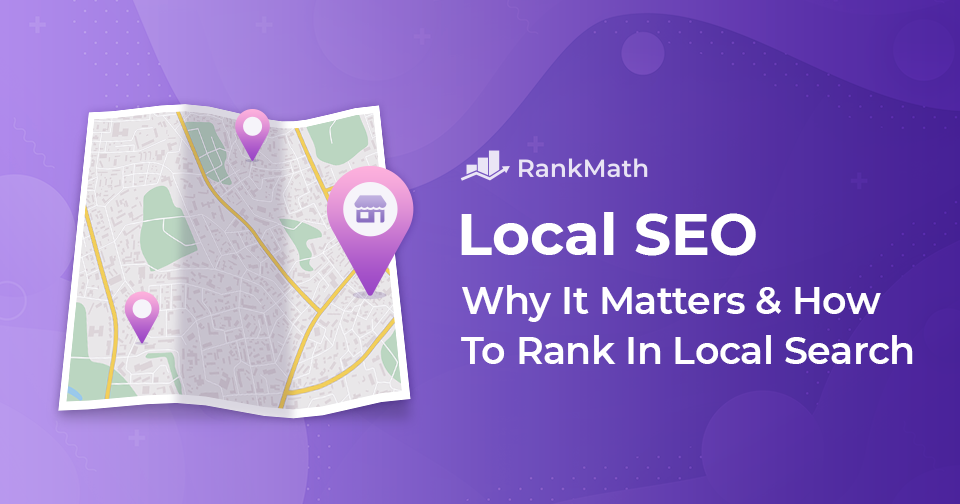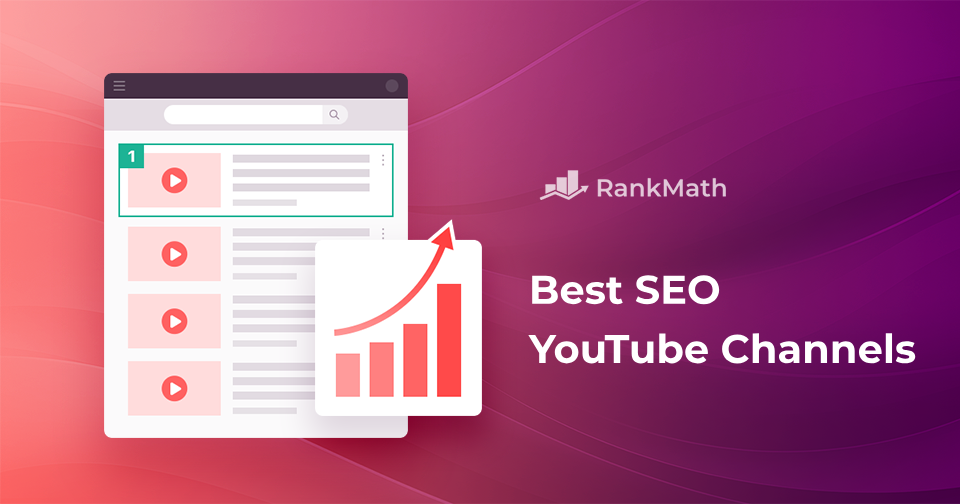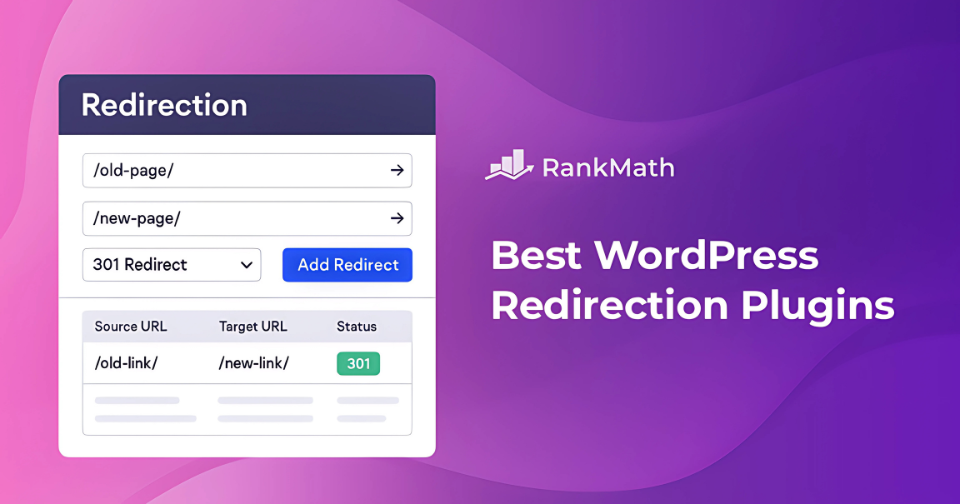Local SEO Strategies in AI Search Era: How to Stay Visible and Trusted
Local SEO has changed dramatically over the years. It used to be about adding your business details to Google and using near me keywords to appear in the map pack.
But today, search engines have become far smarter.
If you want to stay visible, it’s no longer enough to check the basic SEO boxes. You need to show genuine relevance, authority, and authenticity in your local community.

In this post, you’ll learn how to you’ll learn how to adapt your local SEO strategies in AI, so your business stays visible, trusted, and ahead of the competition.
Continue Reading




